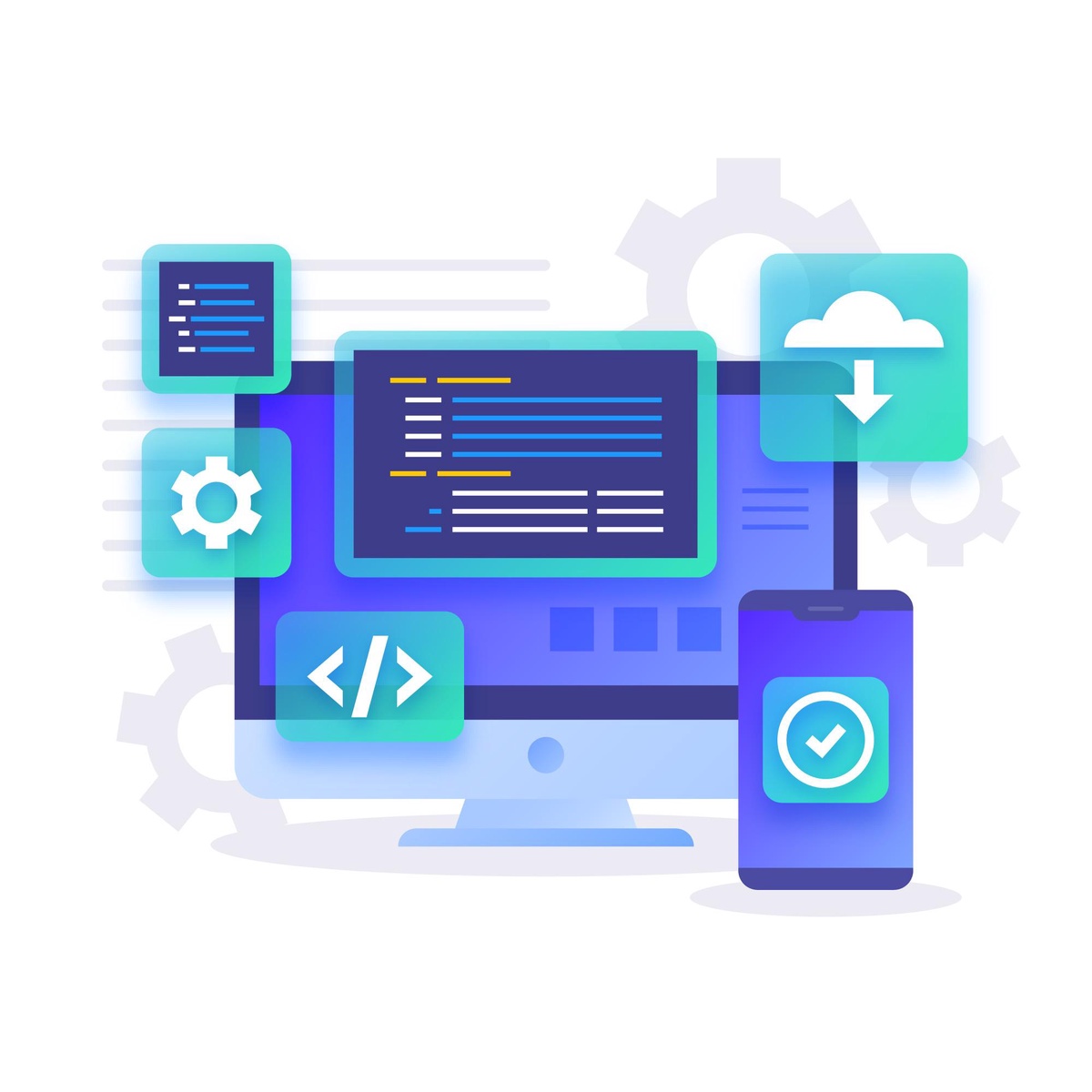The Internet of Things (IoT) has become a transformative force across various industries, and real estate is no exception. In recent years, IoT technology has been increasingly integrated into the infrastructure of buildings, offering unprecedented levels of efficiency, convenience, and security. From smart homes to intelligent building management systems, IoT is reshaping the way we interact with and experience real estate.
Smart Homes: Enhancing Living Spaces
One of the most visible applications of IoT in real estate is the concept of smart homes. These residences are equipped with interconnected devices and sensors that automate and control various functions, enhancing both comfort and efficiency for occupants. From thermostats that adjust based on occupancy patterns to lighting systems that respond to natural light levels, smart homes offer a level of convenience and energy efficiency previously unimaginable.
In a smart home equipped with IoT devices, residents can remotely monitor and manage numerous aspects of their property through smartphone apps or voice commands. This includes controlling temperature settings, security cameras, door locks, and even appliances. Additionally, IoT sensors can detect leaks or abnormal energy consumption, alerting homeowners to potential issues before they escalate, thereby preventing costly damage and reducing maintenance expenses.
Building Management Systems: Optimizing Efficiency
Beyond individual residences, IoT is revolutionizing the management of commercial and residential buildings alike. Building management systems (BMS) utilize IoT sensors and data analytics to monitor and control various building functions such as heating, ventilation, air conditioning (HVAC), lighting, and security.
These systems enable real-time monitoring of energy consumption and environmental conditions, allowing property managers to optimize resource usage and reduce operational costs. For example, sensors can adjust HVAC settings based on occupancy levels or outdoor weather conditions, ensuring optimal comfort for occupants while minimizing energy waste.
Moreover, IoT-enabled BMS can streamline maintenance processes by detecting equipment failures or inefficiencies early on. Predictive analytics algorithms can analyze data from sensors to identify patterns indicative of potential issues, enabling proactive maintenance interventions and extending the lifespan of building systems.
Enhanced Security and Safety
Security is a paramount concern in real estate, and IoT technologies are bolstering safety measures in both residential and commercial properties. Smart security systems equipped with IoT sensors, cameras, and access controls provide real-time monitoring and alerts for unauthorized access or suspicious activities.
These systems offer features such as motion detection, facial recognition, and remote access control, empowering property owners to oversee security measures from anywhere with an internet connection. Additionally, IoT-enabled fire and carbon monoxide detectors can swiftly detect hazards and trigger automated responses, such as activating sprinkler systems or alerting emergency services, potentially saving lives and minimizing property damage.
Challenges and Considerations
While IoT holds tremendous potential for revolutionizing the real estate industry, its widespread adoption also presents challenges and considerations. Chief among these is cybersecurity, as interconnected devices create additional entry points for cyber threats and data breaches. Ensuring robust security protocols and encryption mechanisms is crucial to safeguarding sensitive information and maintaining the integrity of IoT networks.
Furthermore, interoperability issues may arise due to the proliferation of diverse IoT devices and platforms. Standardization efforts and open-source frameworks can help mitigate these challenges, enabling seamless integration and communication between different systems and devices.
Lastly, privacy concerns related to the collection and utilization of personal data by IoT devices must be addressed transparently and ethically. Clear consent mechanisms and data protection measures are essential to safeguarding the privacy rights of occupants and stakeholders.
The Future of Real Estate with IoT
As IoT technology continues to evolve, its impact on the real estate industry will only deepen. From intelligent buildings that adapt to occupants' needs in real-time to data-driven insights that inform strategic property management decisions, the possibilities are limitless.
In the coming years, we can expect to see further advancements in IoT-enabled real estate solutions, driven by innovations in artificial intelligence, edge computing, and sensor technology. These developments will not only enhance the efficiency, sustainability, and safety of buildings but also redefine the way we interact with the spaces we live and work in.
Conclusion
IoT is poised to revolutionize the real estate sector, offering unparalleled opportunities for innovation and optimization. By embracing IoT-driven solutions, property owners, developers, and managers can unlock new levels of efficiency, convenience, and sustainability, ultimately shaping the future of real estate for generations to come.


No comments yet